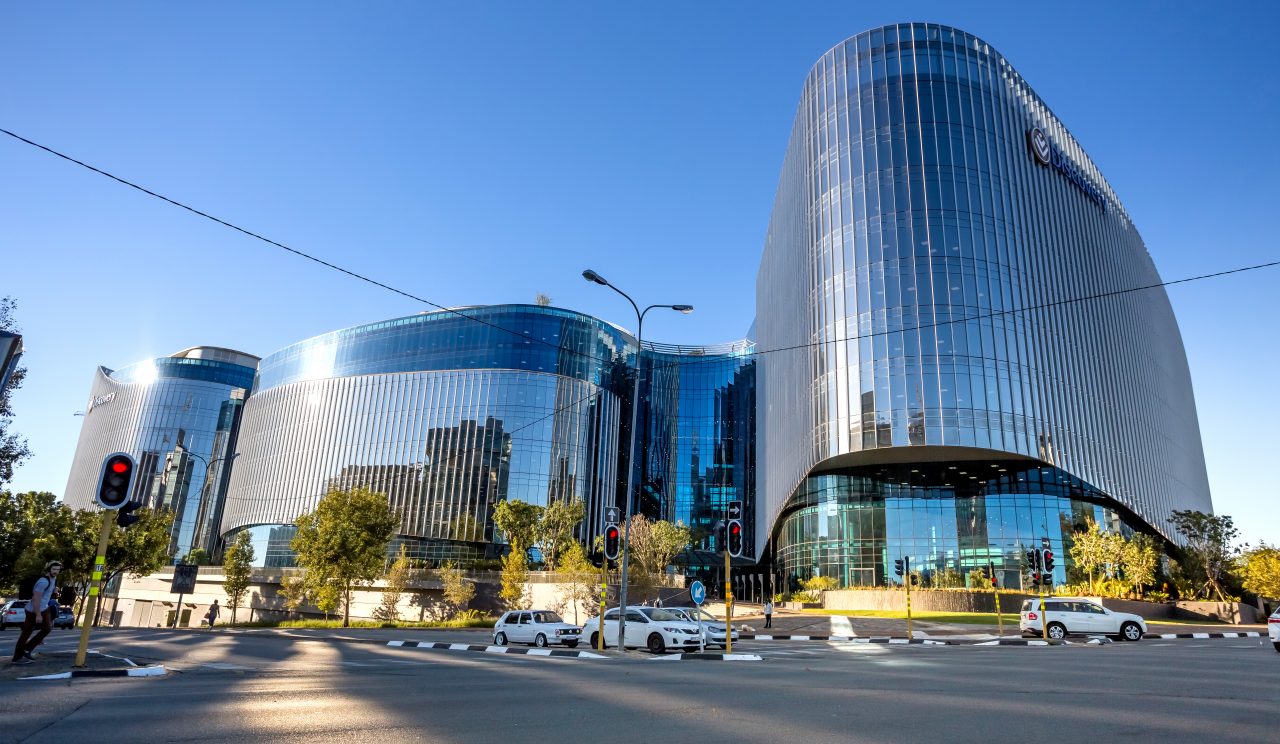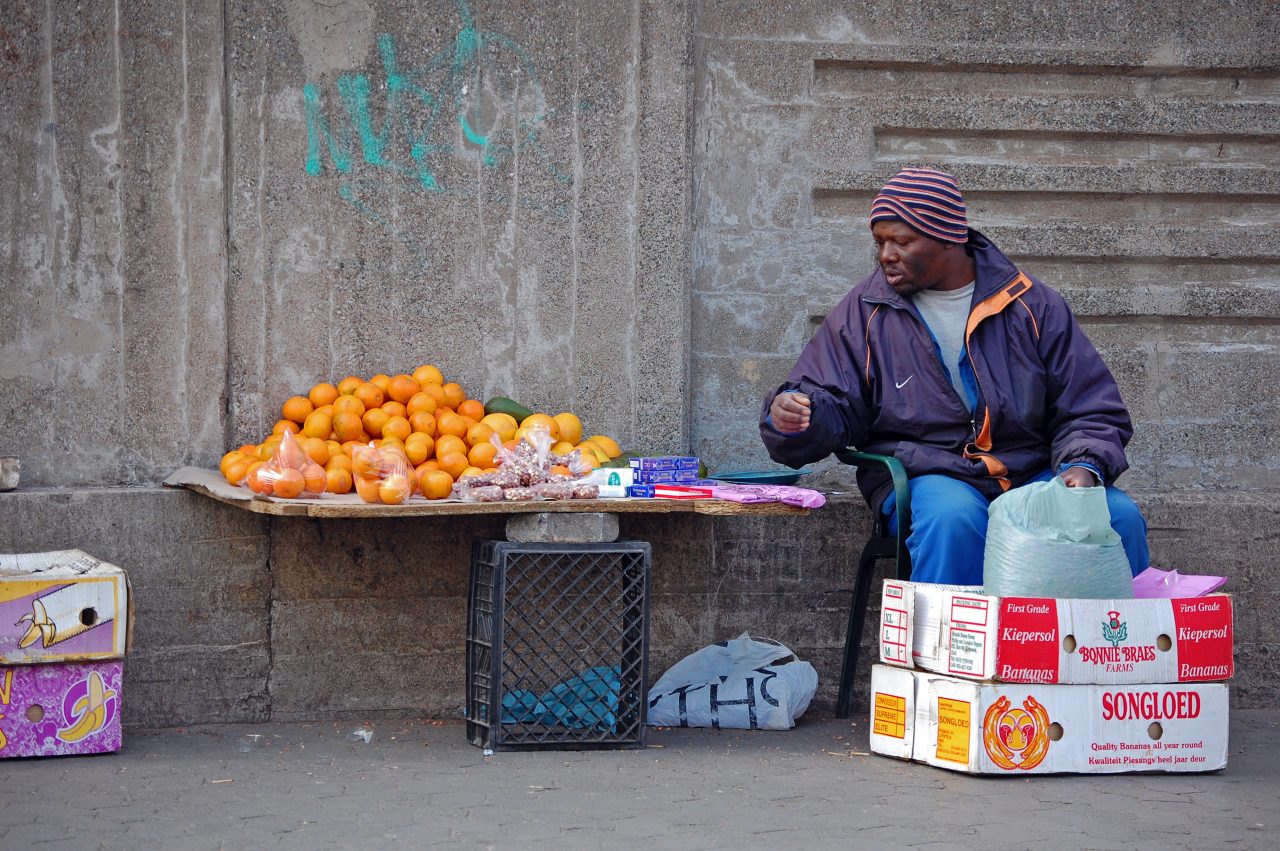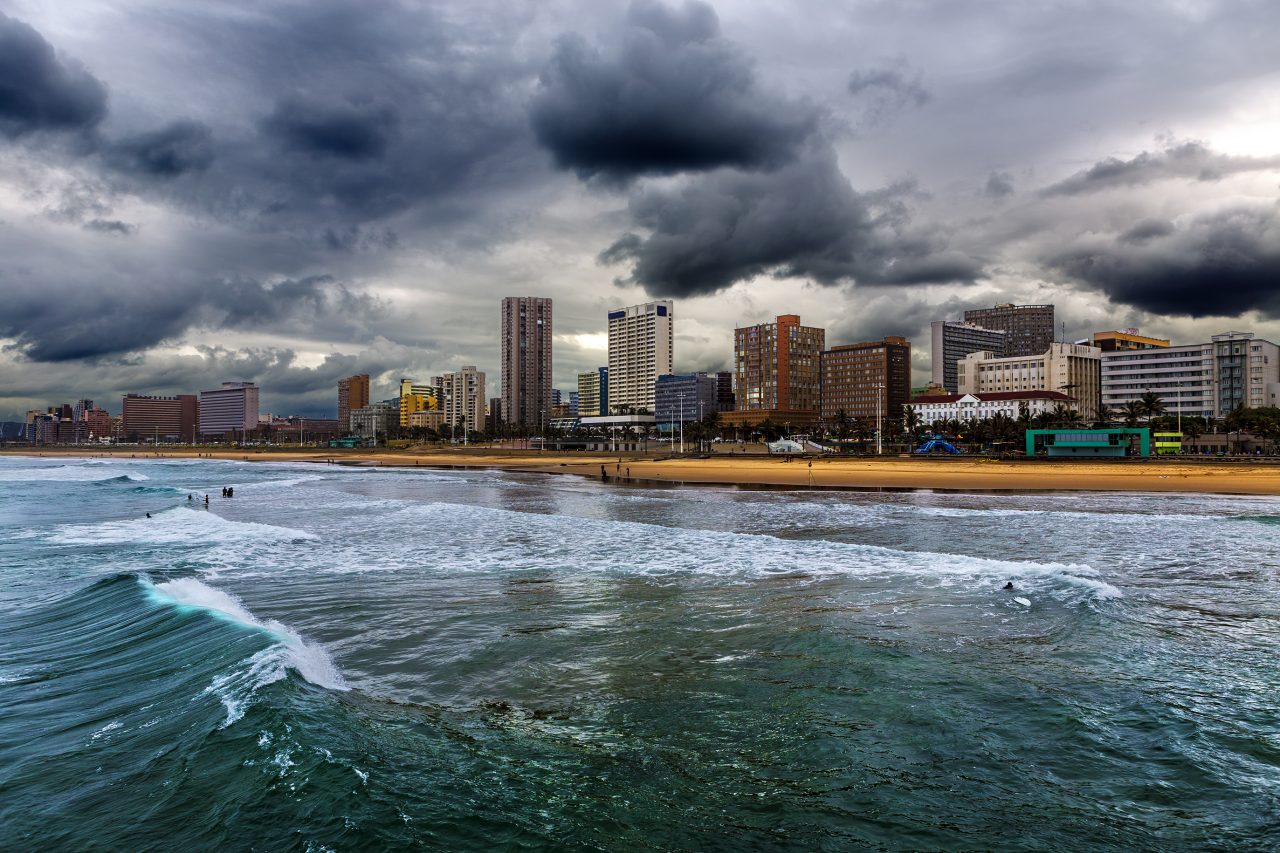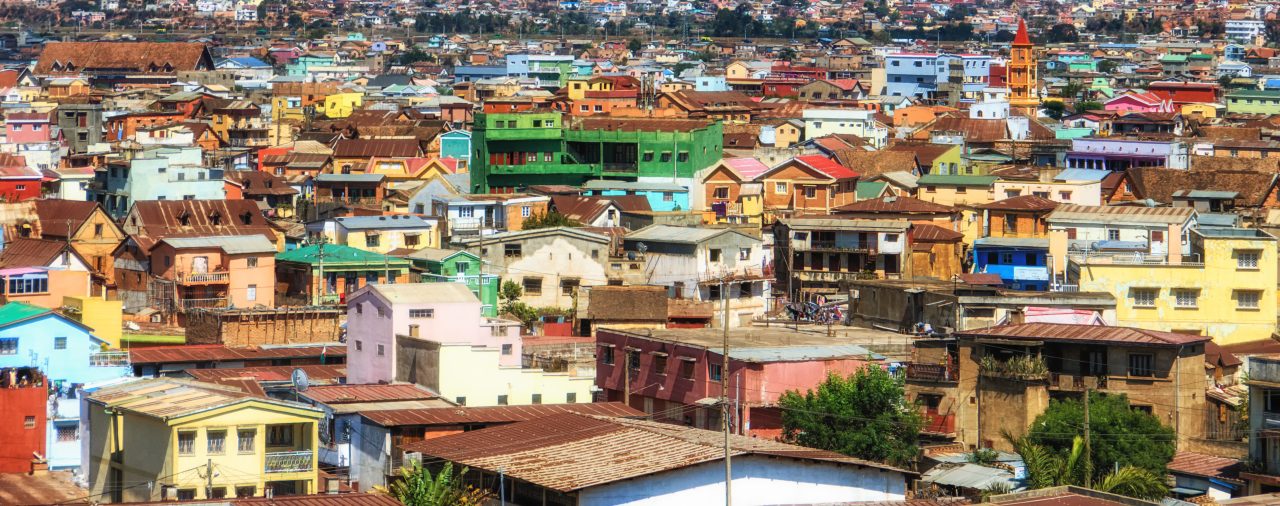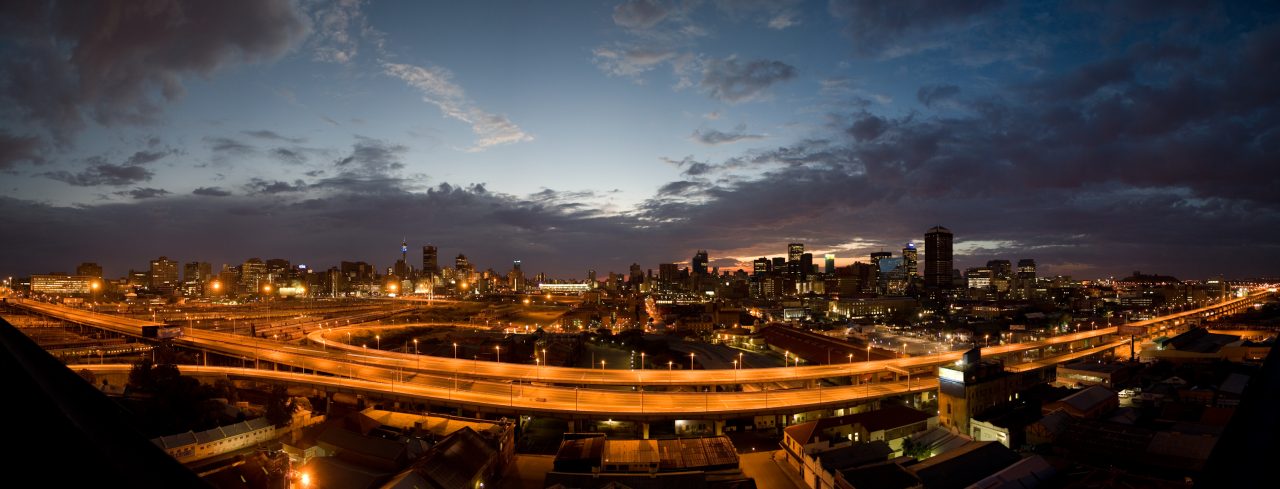Join GlobalBizzNetwork and start your international business network today.
KwaZulu-Natal
There are plenty of reasons to do business in KwaZulu-Natal. One of nine South African provinces, KwaZulu-Natal has historically been a key component of the South African economy. The province is a vibrant economic region having abundant resources, effective infrastructure, good governance, a thriving economy and an excellent lifestyle.
Location
Of majo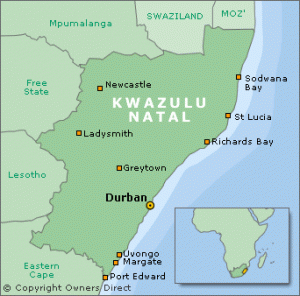 r significance to the success of the region is KwaZulu-Natal’s location on the eastern coast of South Africa. The ports of Durban and Richards Bay, on the Indian Ocean seaboard around which KwaZulu-Natal is established, are two of Africa’s gateways to the sea-lanes of the world. The Durban and Richards Bay ports are southern Africa’s busiest in terms of handling cargo by value and bulk respectively. Currently 70% of the goods reaching Durban carry on to other provinces. The ports provide a key competitive advantage and effectively position the region to increase its share of the global market.
r significance to the success of the region is KwaZulu-Natal’s location on the eastern coast of South Africa. The ports of Durban and Richards Bay, on the Indian Ocean seaboard around which KwaZulu-Natal is established, are two of Africa’s gateways to the sea-lanes of the world. The Durban and Richards Bay ports are southern Africa’s busiest in terms of handling cargo by value and bulk respectively. Currently 70% of the goods reaching Durban carry on to other provinces. The ports provide a key competitive advantage and effectively position the region to increase its share of the global market.
Stability
The provincial government of KwaZulu-Natal is committed to providing stability and effective governance. The province is driven to provide infrastructural and other economic development opportunities, which is the foundation for sustained economic growth.
Superb Economic Growth Rate
From small companies to major industries like forestry, motor vehicle manufacturing and aluminium, the province has many thriving business concerns with a range of products and services to offer. The KwaZulu-Natal economy is the second largest contributor to South Africa’s GDP after Gauteng. There is evidence that the regional economy may have outperformed national growth towards the end of last year. In certain respects the KwaZulu-Natal economy is also performing better than that of other provinces. The KwaZulu-Natal Barometer, compiled by Mike Schüssler of Economists.co.za reported in December 2011 that the provincial economy grew by 6.5% year-on-year. “Although growth began to level out by the middle of last year, the provincial economy is in no way losing steam,” said Schüssler.
Great Infrastructure and Exciting Future Plans
KwaZulu-Natal’s well-developed infrastructure includes roads, railways and telecommunications, a sophisticated commercial and financial business structure, complemented by a full spectrum of professional services, Modern industrial parks are found throughout the province and standard factory buildings are available, while custom-built factories can be constructed according to specification. The newly built King Shaka International Airport (KSIA) was named Africa’s best regional airport in the 2011 Skytrax Airport awards and third best overall airport in Africa by the Airports Council International (ACI). The KSIA is not just an airport but incorporates a 36-ha trade zone. The Dube TradePort will accommodate a cargo terminal that is the first of its kind for Africa, a perishables centre, warehousing and light manufacturing facilities. The Dube TradePort aims to turn the surrounding precinct into an “aerotropolis” – or airport city – over the next few decades. Dr Zweli Mkhize in his 2012 State of the Province speech stressed the critical role of the transport and logistics sector in the economy. He stated that the provincial government would be, “paying particular attention to issues of harbours, road, rail and air transport since their efficiency constitutes our competitive edge.” He added that rail transport, both freight and passenger played an important role in the province’s development as there is a need to facilitate greater mobility and access for all the people of the province. A number of rail projects are in the planning stage and these will be of great benefit to transportation routes in the province. These include: Long-distance service between Durban and Northern KwaZulu-NatalKing Shaka Airport Rail linkIntercity rail transport between Durban and PietermaritzburgBridge City rail link The North – South Rail Corridor Modernisation in eThekwini. Some of the infrastructure plans in the State of the Nation address by South African President Jacob Zuma 2012 will also help to grow KwaZulu-Natal. These plans include improving the Durban-Free State-Gauteng logistics and transport corridor, expansion of the ports as well as lowering port tariffs. The plans for a huge dug-out port on the site of the old international airport, to expand the city harbour, will become a major boost to investment in the province.
Rich Resources
The province has large untapped environmental resources, which allows it to be a key player in resources based economies, especially in the base metals. A current focus on the mining value chain is expected to play a key role in the country’s industrialisation programme. The aim of the programme is to drive economic growth through increased beneficiation of minerals. KwaZulu-Natal’s sub-tropical climate, with excellent annual rainfall and has some of the most fertile agricultural land. Although covering a small portion of South Africa’s land area, a significant percentage of the country’s small-scale farmers are based here. The province is the national leader in several agricultural products. The midlands area between Pietermaritzburg and the Drakensberg has a concentration of vegetable, dairy and stock-farms. The KwaZulu-Natal coastal belt yields sugar cane, wood, oranges, bananas, mangoes and other tropical fruit. Forestry is another major source of income.
Economic Opportunity
After Gauteng, KwaZulu-Natal’s diversified manufacturing sector is the second largest in the country with nearly a third of South Africa’s manufactured exports are being produced in the province. Large, globally competitive manufacturers operate in the province with corporations involved in vehicle and vehicle parts, forestry products, chemicals, and food and beverages, and metals. The King Shaka International Airport is igniting growth in commercial and residential property developments along the north coast of KwaZulu-Natal, notably around Ballito Bay. The commercialisation of the region around the airport has barely begun which provides many opportunities to both new and established businesses. Economic Development and Tourism MEC Michael Mabuyakhulu said that King Shaka was never intended to be just an airport. He said, “When we decided to invest in King Shaka, we made it very clear that we did not just want to relocate from the old Durban airport. It was part of a bigger plan to secure new economic activities into KwaZulu-Natal, in addition to regaining international air connectivity for the region.” The emphasis on growing a green economy in KwaZulu-Natal provides considerable opportunities for entrepreneurs, as well as job creation and skills development. A wide range of economic opportunities have been identified, including: Organic farmingGreen tourism Wind and biomass energyDevelopment of green building materialsAlternative road materials and fuelsGreening initiatives in the retail and manufacturing sectors Waste and water management Green professional services and related innovative research
Great Lifestyle
KwaZulu-Natal attributes including its sunshine and relaxed lifestyle offer an unmatchable combination of assets. The province is the market leader for domestic tourism in South Africa, as well as is number two in term of international tourism. KwaZulu-Natal has great accommodation facilities, excellent beaches, game parks with the big five and splendid mountains. Two World Heritage Sites – the Isimangaliso Wetland Park and the Ukhahlamba Drakensberg Park are located here. Zulu culture and history forms a key part of the province’s heritage and the Zulu monarchy of KwaZulu-Natal is the only monarchy specifically provided for in South Africa’s constitution. The excellent KwaZulu-Natal climate allows many sport and leisure opportunities and a range of business opportunities has grown to meet the demand of these markets. Famous international sporting events such as the Comrades Marathon, the Duzi Canoe Marathon, the Mr Price Pro Surfing Competition, the Midmar Mile (the world’s largest inland ultra-swim), Vodacom July Handicap Horse Racing (along with its trendy fashions) and test matches in rugby, cricket and soccer attract spectators and interest globally. The opportunities to enjoy art and cultural activities in KwaZulu-Natal are endless and there is something to suit everyone’s tastes. Theatres, cinemas, casinos, moonlight markets, musical performances, wine gourmet dinners for the connoisseur etc. abound. These art and culture activities are also a burgeoning business sector in themselves.
Go out and Do Business
It is evident that KwaZulu-Natal in the 21st century provides a platform for many great business opportunities. Many of the companies operating in the region, are committed to ensuring that their business concerns are not only sustainable and profitable, but contribute to the overall well being of KwaZulu-Natal’s environment, resources, people, and economic growth. Take a smart, calculated risk and if you are not already doing so, go and do business in KwaZulu-Natal.
Trade & investement KwaZulu-Natal
